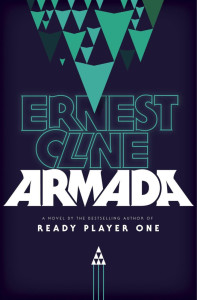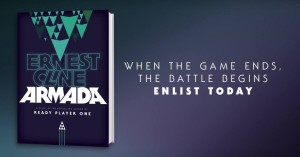Let’s get one thing clear before I start writing this here article about the book Armada: the author, Ernest Cline, really, REALLY likes the 80’s.
Like… A LOT.
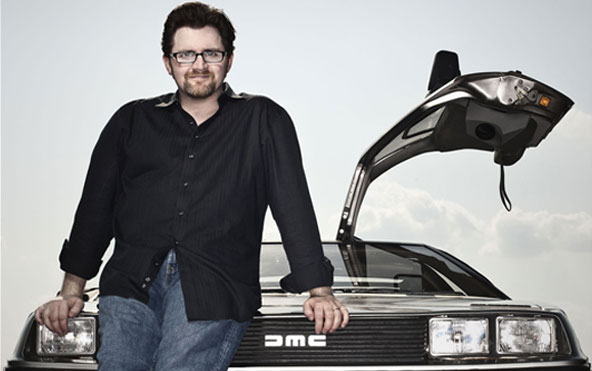
No bones about it, that decade is as close as to his heart as the slivers of metal are close to Tony Stark’s heart. Inches close to killing him, if not for the repulsor drive in his chest keeping them at bay. This analogy comes to mind for a simple reason that I will get into later in this article. But first, let me tell you a little about Armada.
Armada is the story of a young man named Zack Lightman
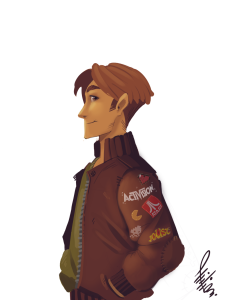
who discovers that video games, but more specifically a video game called “Armada,” are part of a worldwide government conspiracy to prepare humanity to fight an upcoming alien invasion. That in fact, the game has been training people to pilot drones called Interceptors
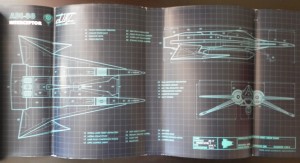
so that every gamer on the planet can be called upon to fight to protect the earth.
…but is there more going on than humanity realizes?
Have you seen The Last Starfighter? Heard of it? Because that’s what Armada is, except set now. The first half of the plot is nearly the same in many regards.
References are kind of Ernest Cline’s bag. Geek references from the 80’s on to now, are his very big hefty exclusive bag. In fact, the main character’s last name is a reference to the movie WarGames main character David Lightman, played by Matthew Broderick.
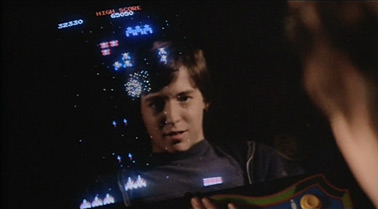
WarGames was heavily referenced in Ready Player One, Cline’s first book, which I absolutely loved. The beauty of that novel was that it was The Matrix, but for the hopelessly and utterly geeky audience. Which ended up kind of hurting Armada for me. Its a dangerous choice to reference too many things in your own work, because eventually… you compare the very thing you’re in the midst of reading to the stuff it keeps making you remember.
As the slivers of metal float precariously close to Tony Stark’s heart, so do the memories of classic works of fiction float close to souring the enjoyment of Armada. Overall, I finished this book satisfied, but concerned. It was well-written, though just a little too fast, pacing wise. Cline did a good job leaving the reader with a question after all is said and done. But there were a lot of unintentional questions left unanswered as well.
I wanted to love this book, but only ended up liking it. Which is hardly a bad thing, and I would recommend Armada to all of you. Pick this book up!

